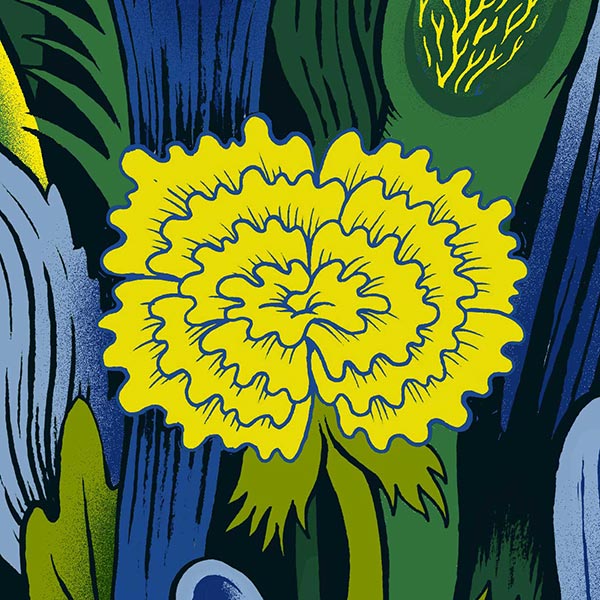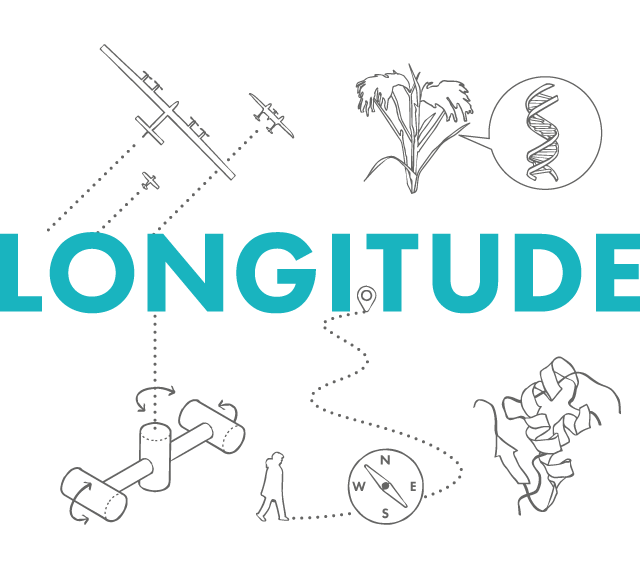
In February 2014 we started work on the Longitude Prize. How we approached this project and what we learned along the way is the topic of the following posts:
After almost four months of interviews with over 100 experts and multiple design iterations we had accumulated a lot of valuable knowledge; the next step was to synthesise and validate this knowledge with a wider expert audience. We began writing up the six challenge prize design proposals into ‘challenge reports’.
Writing these initial reports wasn’t an easy task. We wanted them to offer readers a guided explanation of the decisions made during the research and design process. We wanted to show where there was a clear consensus, but also highlight areas that were still in need of further discussion.
To do this we structured the reports to reflect our research process. Reports began by describing the broad problem area, then gradually started focusing in on the challenge area, the role the challenge prize would play in addressing the core problem, and the types of solutions encouraged. This gradual ‘zooming in’ allowed us to present our arguments and the decision-making process behind the proposed design. It also meant that a contentious element or argument could be traced back to an initial decision point that could then be discussed.
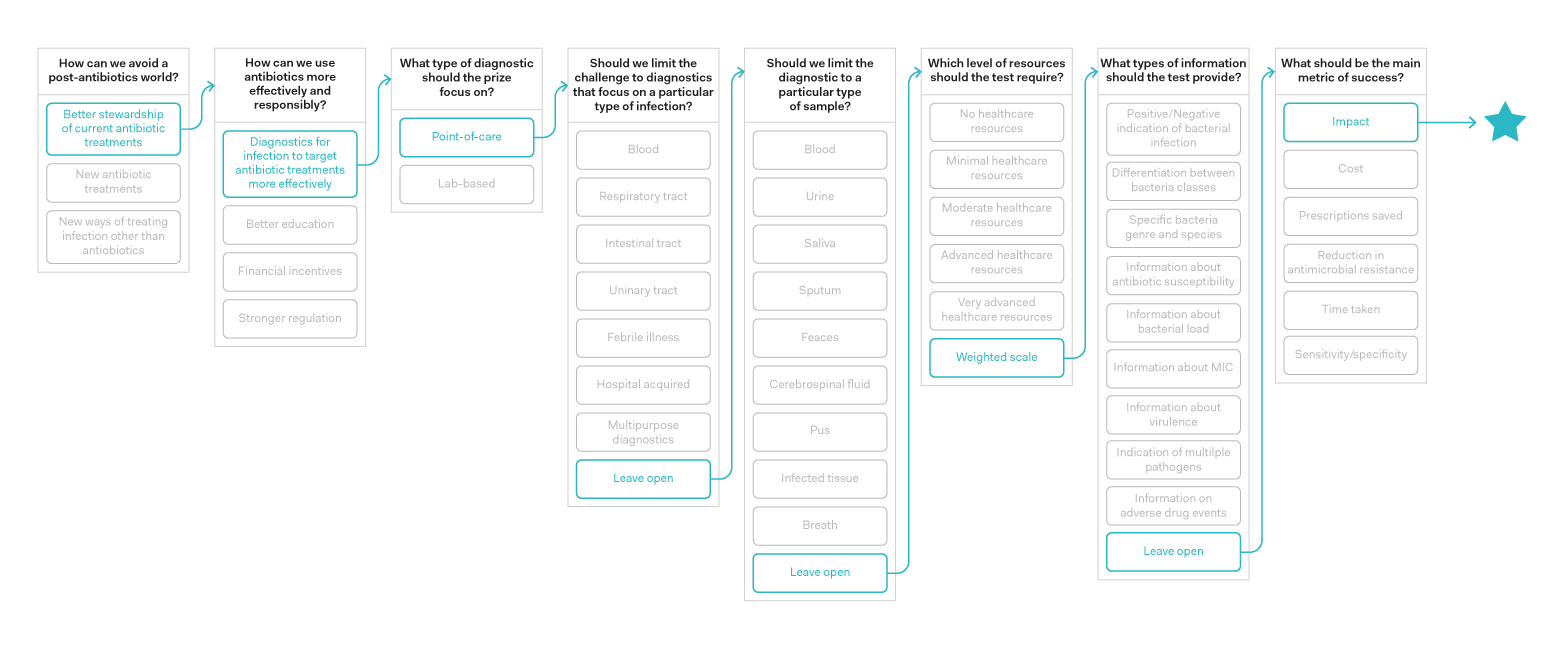
Diagram showing the decision points for the Antibiotics prize with our recommended option at each stage
Challenge Reports in Practice
Once written, we validated these reports with experts. This time around, we wanted experts to act as reviewers. We wanted them to understand that the document we were presenting to them was close to a final challenge prize design, but we still wanted them to actively contribute to its structure. For this purpose, we scattered questions throughout the reports and added an Appendix with key issues other experts brought up in previous conversations.
Although we are aware that there is nothing particularly original about this process, it was very valuable for us as it drew attention to misunderstandings and oversights on our part.
After several iterations each challenge area had an accompanying report that narrated the journey of designing its challenge prize and the decisions made along the way. All we needed to know now was which one of these challenges was going to become the Longitude Prize 2014.
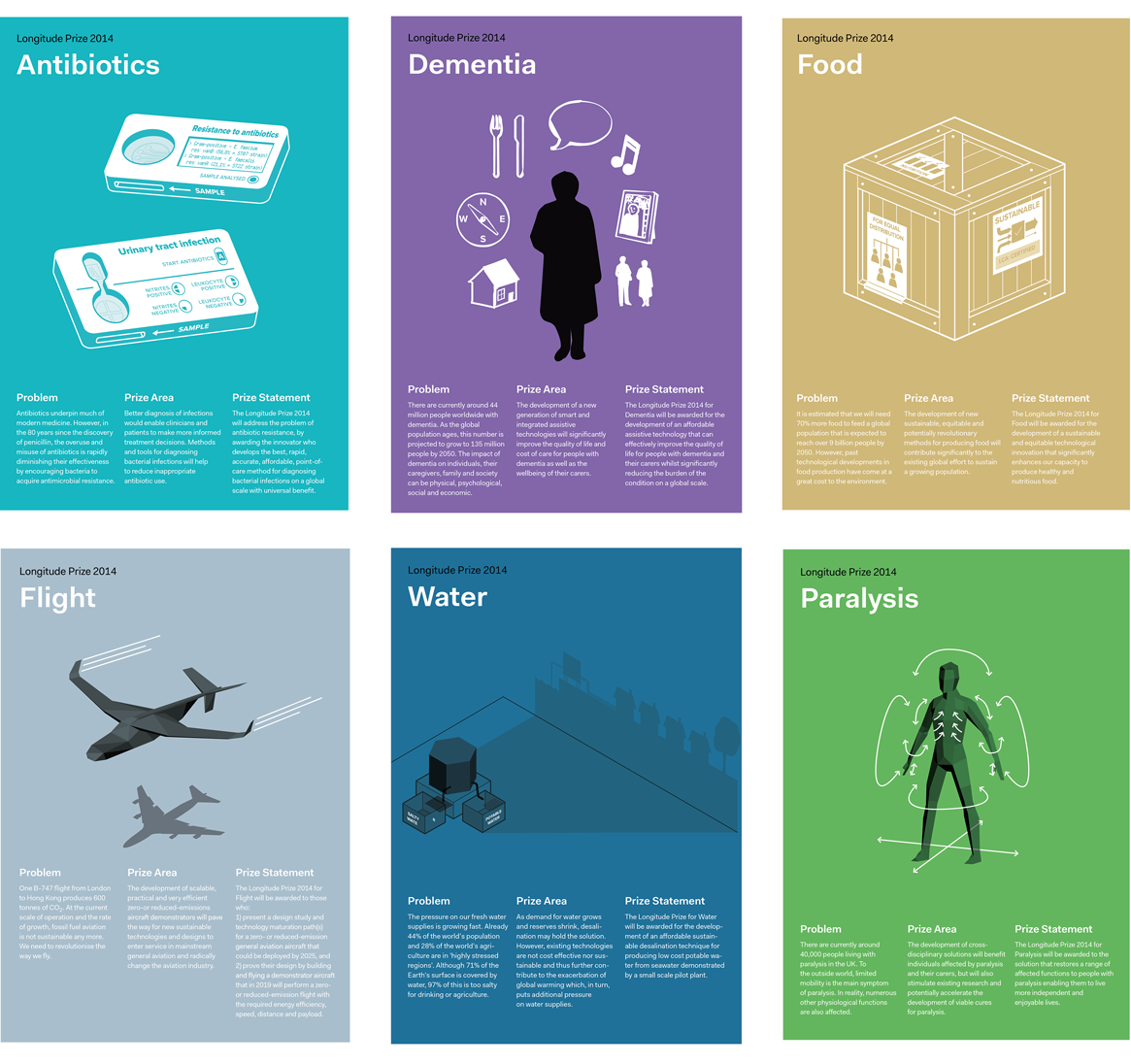
All six Longitude challenge reports
And the Winner is…

Dr Alice Roberts announcing the result
On 25 June 2014 Antibiotics was announced as the winner of the British public’s vote to become the topic of the Longitude Prize. Following this announcement, a decision was made to share the Antibiotics challenge report with the general public to get a broader input on the proposed prize structure.
To make the report more accessible we included some additional features. We added illustrations for some example diagnostic tools to make the types of solutions sought more concrete. We included additional visualisations to support the parameters and, most importantly, we added a diagram of the prize assessment process to help competitors understand what is expected from them at the different prize phases.
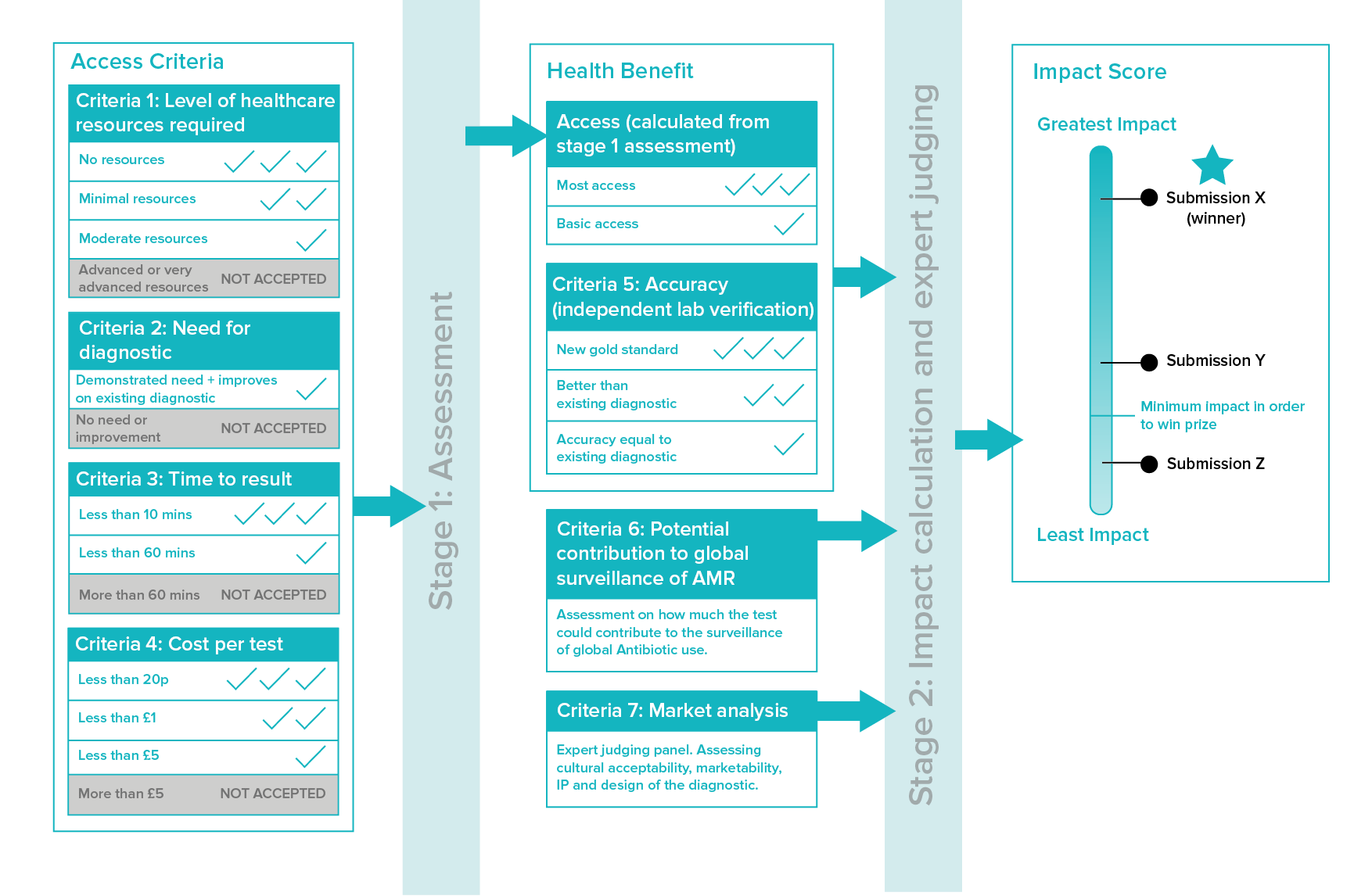
Diagram explaining the Longitude Prize assessment process
Following these changes, the Antibiotics challenge report was published on the Nesta website with the aim to engage the general public in discussions around the Longitude Prize and get their feedback on the structure of the Antibiotics challenge. Based on this report and the feedback from the open review the final Longitude Prize 2014 Prize Rules were created.
Wrapping up the Longitude Project
The experience of researching and designing the six candidate challenges for the Longitude Prize was a very valuable one for us. It gave us the opportunity to explore new ways of engaging with experts and learn how to make best use of their expertise.
In our write up of this project we have placed an emphasis on the design proposals we used to prompt discussions. We did this to highlight their role in supporting more focused, specific and constructive discussions. At a more fundamental level, this process meant that the researcher took responsibility for the creative quality of the ideas being discussed - something that can often lack in research that seeks to canvas the opinion of many stakeholders.
Now that our work on the project is done, we’re eagerly looking forward to seeing the innovations the Longitude Prize 2014 will bring!
You can read the full Antibiotics challenge report here and the Prize Rules here.
Think you’ve got an idea about how to solve the Longitude Prize 2014? Register your team here. Good luck!
